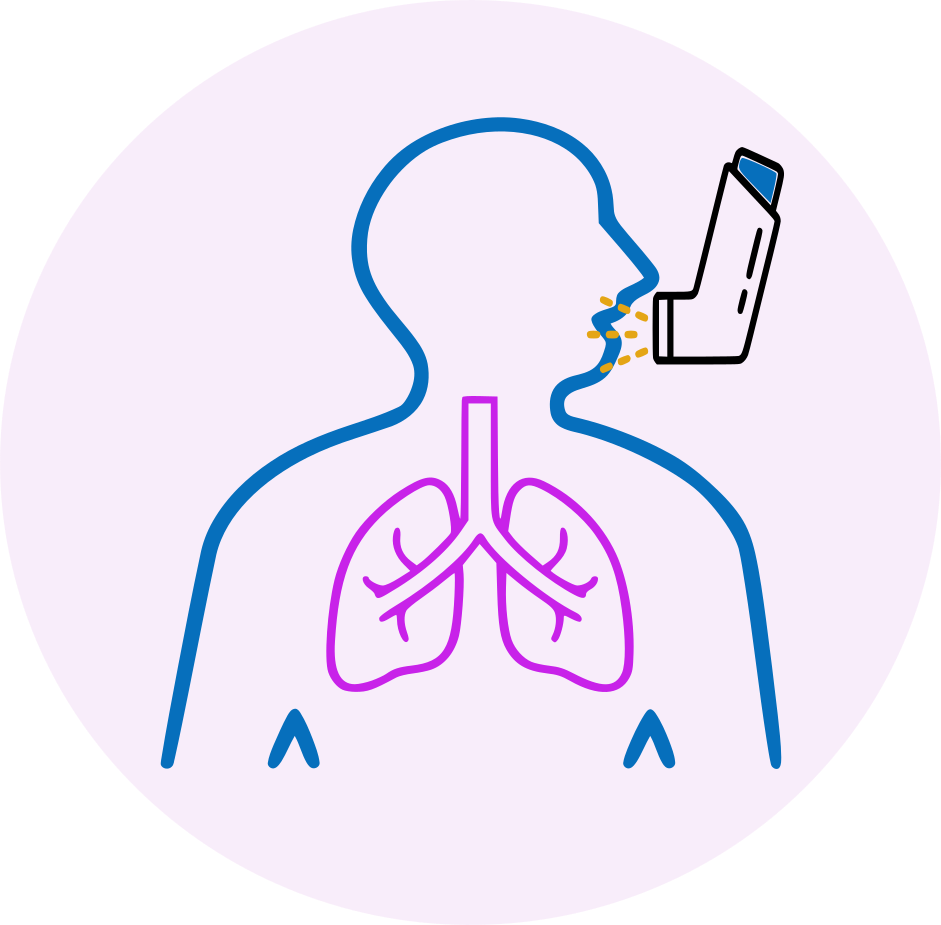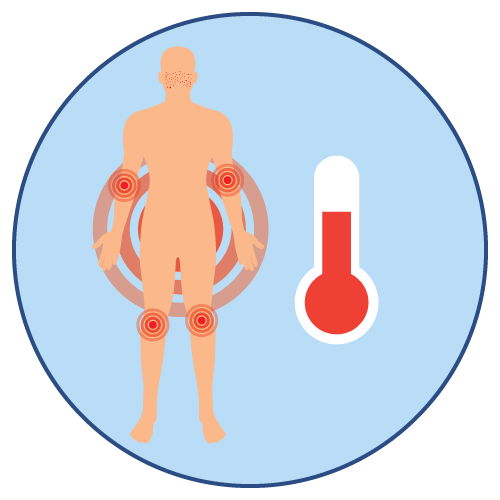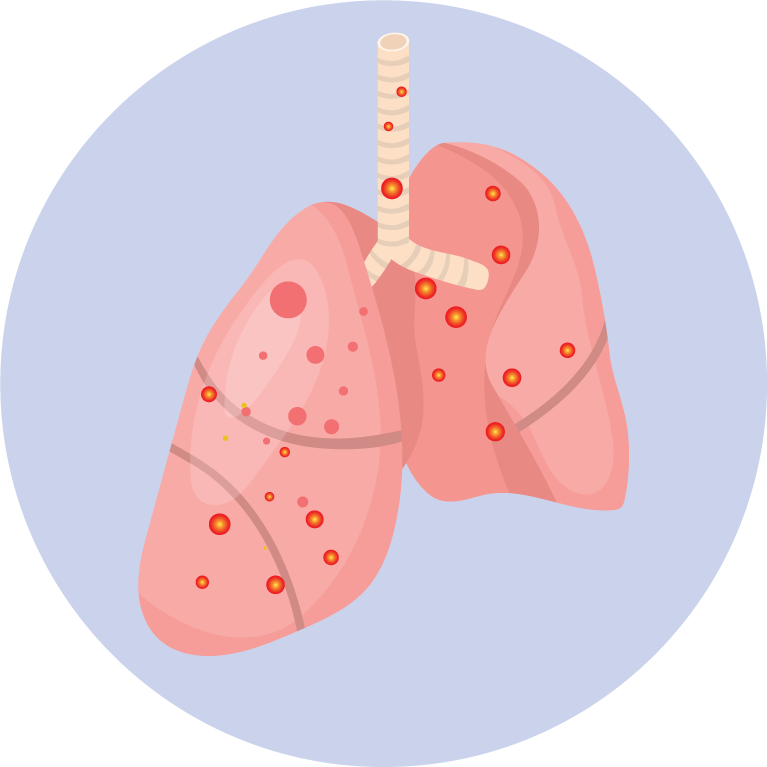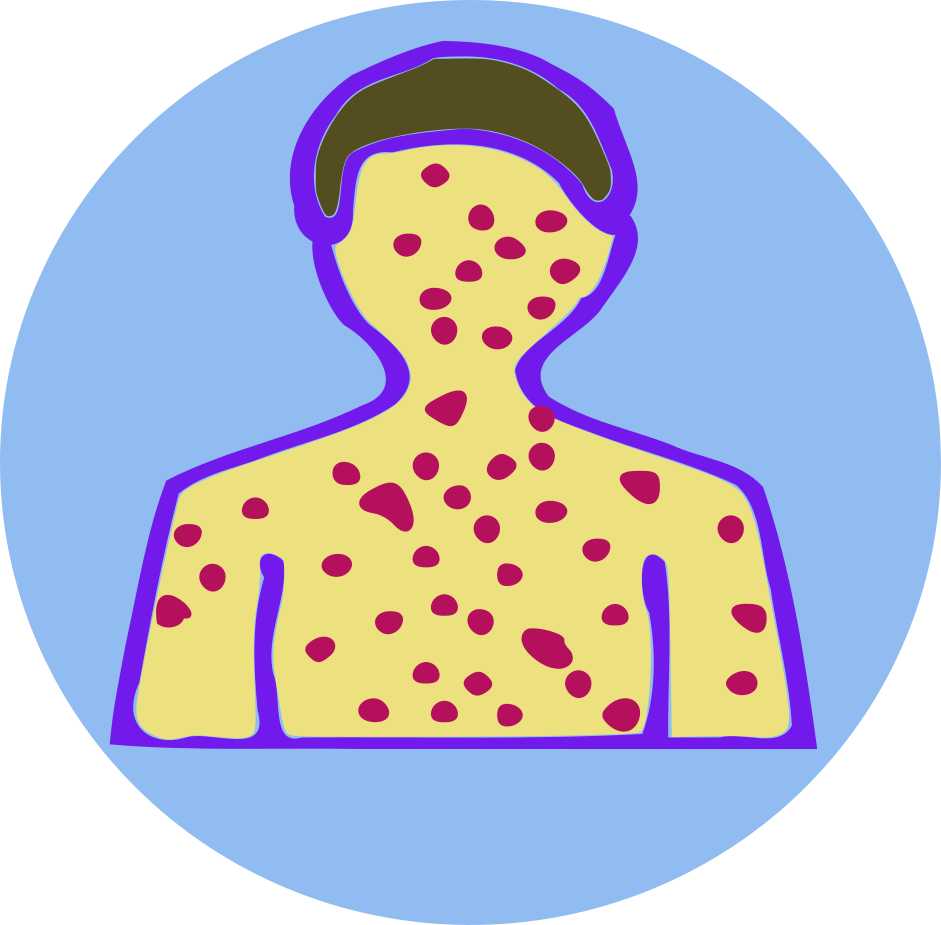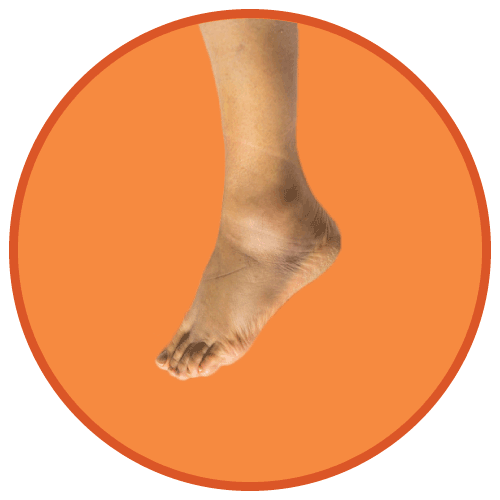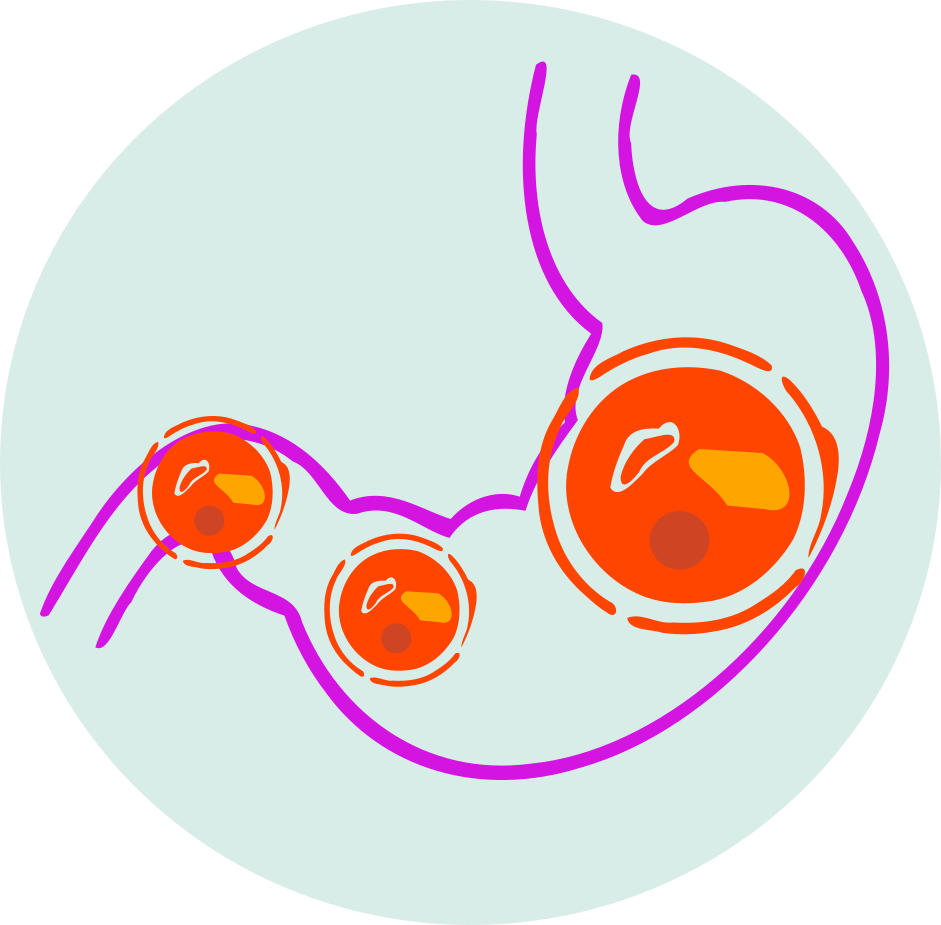| Name | Dexamethasone + Prednisolone |
| Classes |
Dermatological/Topical Agent Antirheumatic Antiallergic Agent Corticosteroid |
| Diseases |
Arthritis Asthma Chronic Obstructive Pulmonary Disease (COPD) Inflammatory Disease Rhinitis Ulcerative Colitis |
Dexamethasone + Prednisolone
Dexamethasone and prednisolone are both corticosteroids belonging to the class of drugs called glucocorticoids. They have potent anti-inflammatory and immunosuppressive properties. The mechanism of action involves binding to specific glucocorticoid receptors in target cells, leading to the modulation of gene expression. This results in a wide range of effects, including the inhibition of inflammatory processes and immune responses.
Dexamethasone and prednisolone are indicated for various conditions requiring anti-inflammatory and immunosuppressive effects, such as:
- Allergic and inflammatory disorders: Asthma, COPD, allergic rhinitis, dermatitis, and other allergic conditions.
- Autoimmune diseases: Rheumatoid arthritis, systemic lupus erythematosus (SLE), and other autoimmune conditions.
- Adrenal insufficiency: Used as replacement therapy in patients with adrenal gland dysfunction.
- Cancer-related conditions: Dexamethasone is used to manage symptoms associated with cancer, such as pain, edema, and chemotherapy-induced nausea and vomiting.
- Other conditions: Certain eye disorders, inflammatory bowel disease, and organ transplantation.
- The dosage and administration of dexamethasone and prednisolone depend on the specific indication, patient characteristics, and the formulation available (e.g., oral tablets, injectable solutions, topical preparations).
- It is important to follow the instructions provided by the healthcare professional or refer to the product labeling for precise dosing information.
- The dosage may be adjusted over time based on the individual's response, and treatment duration can vary depending on the condition being treated.
Adverse reactions can occur with the use of dexamethasone and prednisolone, and their frequency and severity may vary among individuals. Common adverse reactions may include:
- Increased appetite and weight gain
- Fluid retention and edema
- Elevated blood pressure
- Mood changes, insomnia, and nervousness
- Gastrointestinal disturbances such as indigestion, nausea, and stomach pain
- Increased susceptibility to infections
- Glaucoma
- Skin reactions, including acne, rash, and thinning of the skin
- Muscle weakness and potential loss of muscle mass
- Glucose intolerance or hyperglycemia
- Osteoporosis with long-term use
Dexamethasone and prednisolone should be used with caution, and the following warnings and precautions should be considered:
- Long-term use: Prolonged treatment with corticosteroids may increase the risk of serious adverse effects, including osteoporosis, cataracts, glaucoma, and adrenal suppression.
- Immunosuppression: Corticosteroids can suppress the immune system, leading to an increased risk of infections and a decreased ability to fight off infections.
- Withdrawal: Abrupt discontinuation of dexamethasone or prednisolone after long-term use may result in withdrawal symptoms, including fatigue, muscle and joint pain, and mood changes.
- Hypersensitivity reactions: Some individuals may experience allergic reactions to corticosteroids. Seek medical attention if any signs of an allergic reaction occur.
- Interaction with other medications: Dexamethasone and prednisolone may interact with other drugs, including certain vaccines and anticoagulants. Consult a healthcare professional for advice regarding potential drug interactions.
Contraindication
Known hypersensitivity or previous allergic reactions to dexamethasone, prednisolone, or any other corticosteroids such as-
None known.
The use of dexamethasone and prednisolone is contraindicated in the following cases:
- Systemic Fungal Infections: Contraindicated in patients with systemic fungal infections, as corticosteroids can exacerbate or disseminate the infection.
- Live Vaccines: Administration of live vaccines is contraindicated in patients receiving immunosuppressive doses of dexamethasone or prednisolone, as it may result in inadequate immune response.
- Active Infections: Dexamethasone and prednisolone can mask the symptoms of an active infection, potentially leading to a delayed diagnosis or worsening of the infection. Use with caution or avoid use in the presence of certain infections.
- Peptic Ulcer Disease: Contraindicated in patients with a history of peptic ulcer disease, as corticosteroids can increase the risk of gastrointestinal bleeding and perforation.
- Herpes Simplex Eye Infections: Use of dexamethasone or prednisolone in patients with a history of herpes simplex eye infections may lead to corneal perforation. Caution should be exercised in these cases.
 Bangla
Bangla English
English